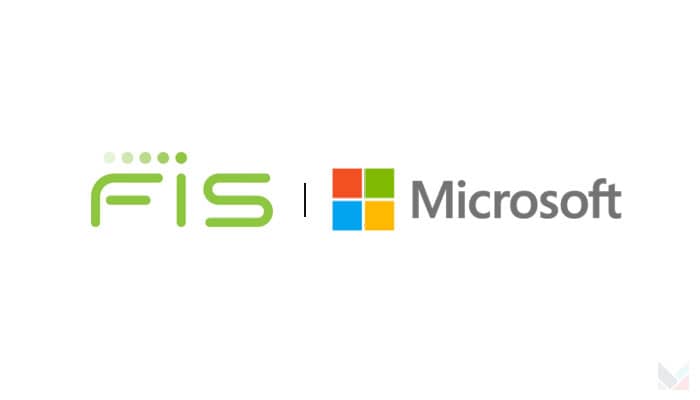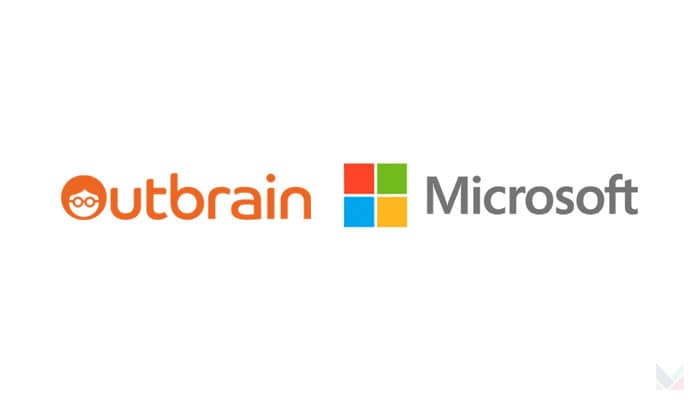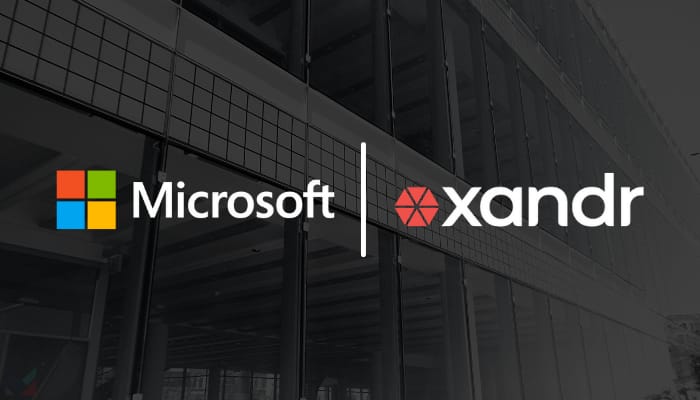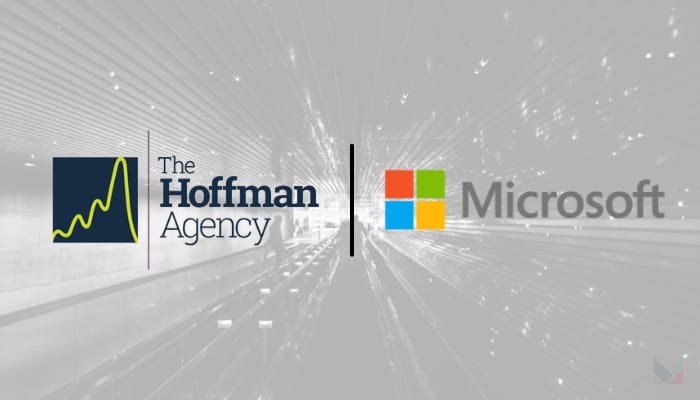Thailand – Global fintech FIS has partnered with tech giant Microsoft to integrate its FIS modern banking platform into the Microsoft Azure cloud platform, aimed at expanding digital online banking to financial institutions in the Thailand market, as well as in the United Kingdom and New Zealand.
This offering combines the latest advancements in cloud security, monitoring, resiliency, and operational analytics with a modern, cloud-native core.
The FIS Modern Banking Platform helps banks design, build, and deploy new products and services. Through a platform that’s fully API-enabled, FIS’ real-time solution is cloud-native and provides financial institutions with advanced analytics. ‘Modern Banking Platform’ uses artificial intelligence and component-based architecture and is built to be highly configurable while providing next-level security for financial institutions and their customers.
Andrew Beatty, FIS’ head of enterprise banking, commented that they are incredibly excited for financial institutions in more countries to experience the Modern Banking Platform that is cloud-native through Microsoft Azure.
“Teaming with Microsoft allows us to provide a secure, scalable, and compliant SaaS solution in the cloud that helps financial institutions adapt to complex and changing regulations in multiple jurisdictions. Deployment via Azure also provides our clients with elasticity, meaning banks can quickly update their infrastructure to adjust to the volume of business. It’s a solution that allows us to offer the same high level of support and operations that we currently provide with the FIS private cloud,” said Beatty.
Meanwhile, Bill Borden, Microsoft’s corporate vice president of worldwide financial services, shared that they are pleased to partner with FIS to help more financial institutions modernise their payments and core banking to meet rising customer expectations and drive new value.
“Running on Microsoft Azure, FIS’ Modern Banking Platform delivers a flexible, data-driven solution to deepen customer relationships and roll out products more quickly, while managing risk effectively,” said Borden.

















